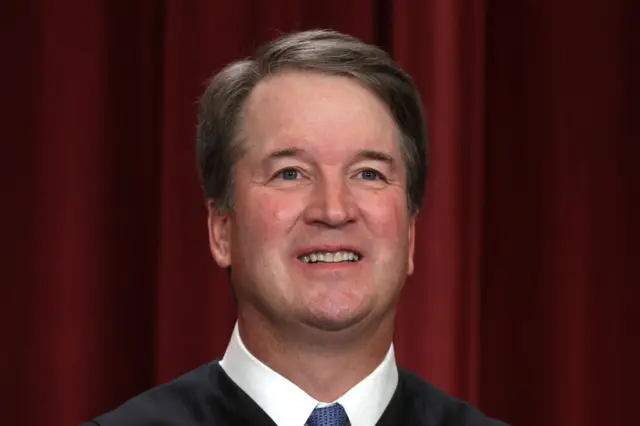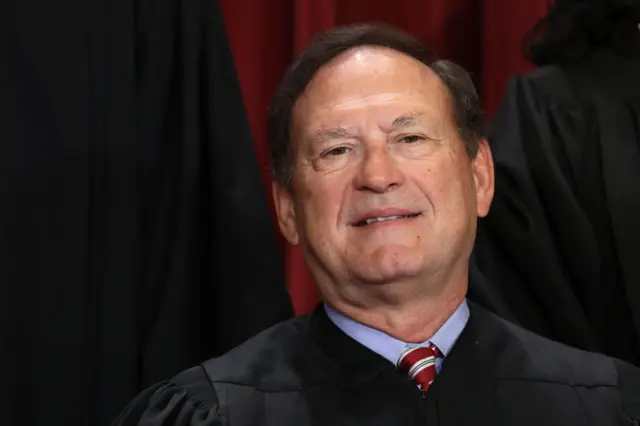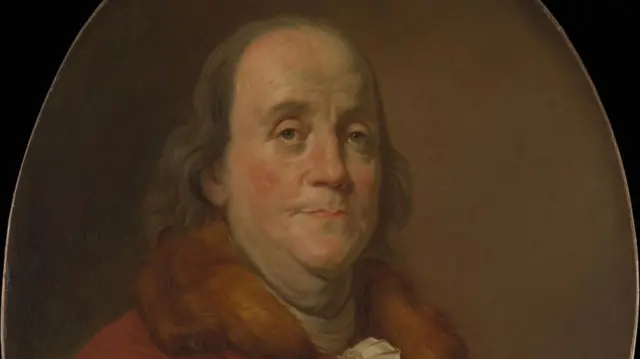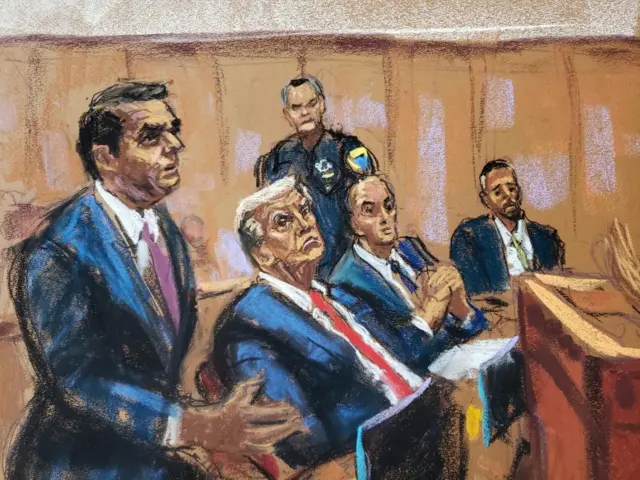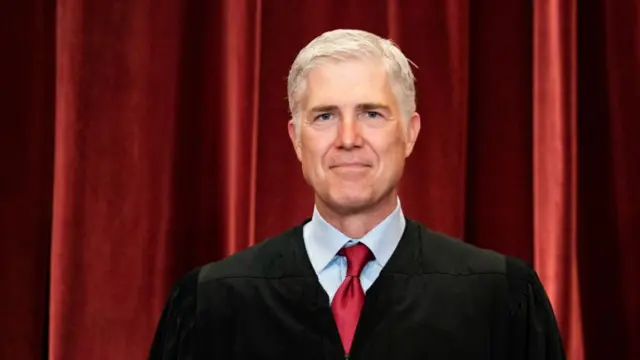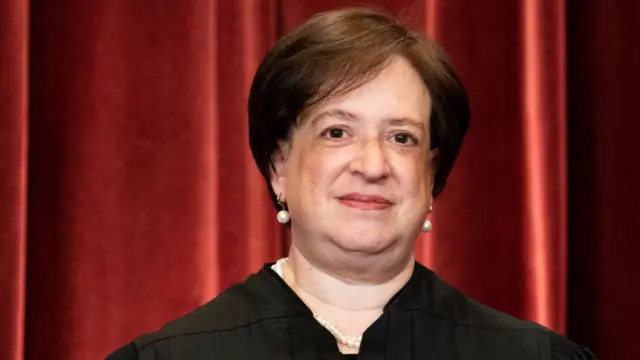Government accuses Trump of 'smuggling in other issues'published at 17:11 BST 25 April 2024
Justice Elena Kagan asks Michael Dreeben what should be done about all the "lingering issues" that go beyond the breadth of what is charged in this case, but are mentioned in Donald Trump's immunity claims.
Dreeben replies that the court has the discretion to rule on the case but that some questions were not raised by the Trump team in their previous appeals.
He also alleges that the former president is "smuggling in other issues" within its appeal.
"We would want to guide the court not to have an expansive approach to that issue," Dreeben adds, saying existing laws affirm the nature of the government's prosecution.
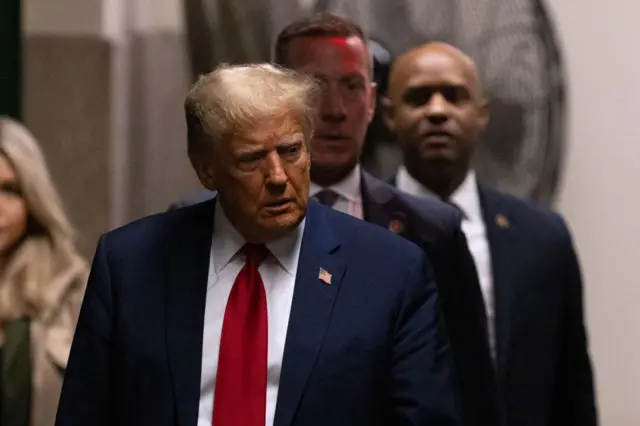 Image source, Getty Images
Image source, Getty ImagesDonald Trump earlier today at his separate trial in New York

